C-19
Chinese Herb-Drug Interactions
Skye Sturgeon, DAOM, Quality Assurance Manager, Mayway

Many are using traditional Chinese herbal medicine alongside prescription COVID-19 drugs. But can these therapies mix safely? In this article, Dr. Skye Sturgeon explores potential interactions between herbs and drugs using Paxlovid and Qingfei Paidu decoction as an example. Learn how these treatments might work together or against each other and discover resources for a deeper dive into COVID-19 therapies.
Read MoreNovel Formulas for Releasing the Exterior: 2024
Skye Sturgeon, DAOM, Quality Assurance Manager, Mayway
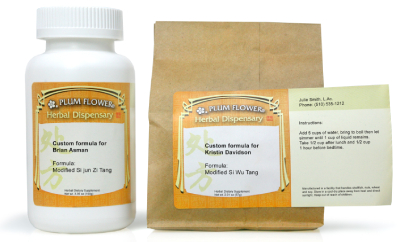 Recent 2024 reports show virus numbers surging. These 11 prescription templates have been created to help frame custom formulas for your patients. These formulas were extracted from the National Health Commission of the PRC, Hubei Provincial Hospital, and Wuhan Union Hospital. We've provided an overview of these formulas and hope that they can be a guide for helping your patients during this crisis.
Read More
Recent 2024 reports show virus numbers surging. These 11 prescription templates have been created to help frame custom formulas for your patients. These formulas were extracted from the National Health Commission of the PRC, Hubei Provincial Hospital, and Wuhan Union Hospital. We've provided an overview of these formulas and hope that they can be a guide for helping your patients during this crisis.
Read More
Stewed Duck with Sha Shen & Yu Zhu
Yvonne Lau, Mayway President
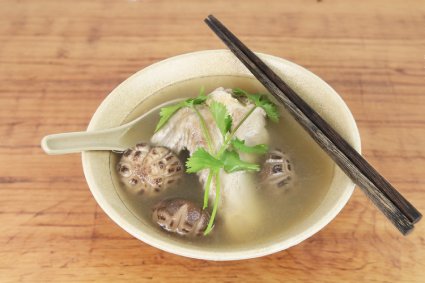
In recent years, many of us have likely experienced weariness and fatigue from so many rapid changes in our post-pandemic world. Here is a favorite family recipe to renew your energy reserves and provide a warm sense of optimism and strength!
Read MoreRecovery Formulas for “Lingering Evil Qi”
Skye Sturgeon, DAOM, Quality Assurance Manager, Mayway

Skye Sturgeon, L.Ac. explores strategies that are designed for the restoration of healthy functioning from Fú xié after a patient has tested seronegative for SARS Cov-2. These patients no longer suffer from COVID-19, but require various remedies to tonify the Qi, Yin, and Blood, and dispel the Lingering Evil Qi to provide for the free flow of Qi that promotes health and normal homeostasis.
Read MoreThe Great Harmonizing Prescription: Xiao Chai Hu Tang
Mark Frost, MSTCM, L.Ac.
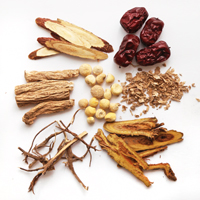 Harmonizing is one of the eight treatment methods used in traditional Chinese medicine. In the contemporary practice of TCM, harmonizing prescriptions fall into four sub-categories: Shao Yang disorders, Liver and Spleen disharmonies, Stomach and Intestine disharmonies, and malarial disorders.
Harmonizing is one of the eight treatment methods used in traditional Chinese medicine. In the contemporary practice of TCM, harmonizing prescriptions fall into four sub-categories: Shao Yang disorders, Liver and Spleen disharmonies, Stomach and Intestine disharmonies, and malarial disorders.
Ci Wu Jia for Vitality and Recovery
Mark Frost, MSTCM, L.Ac.
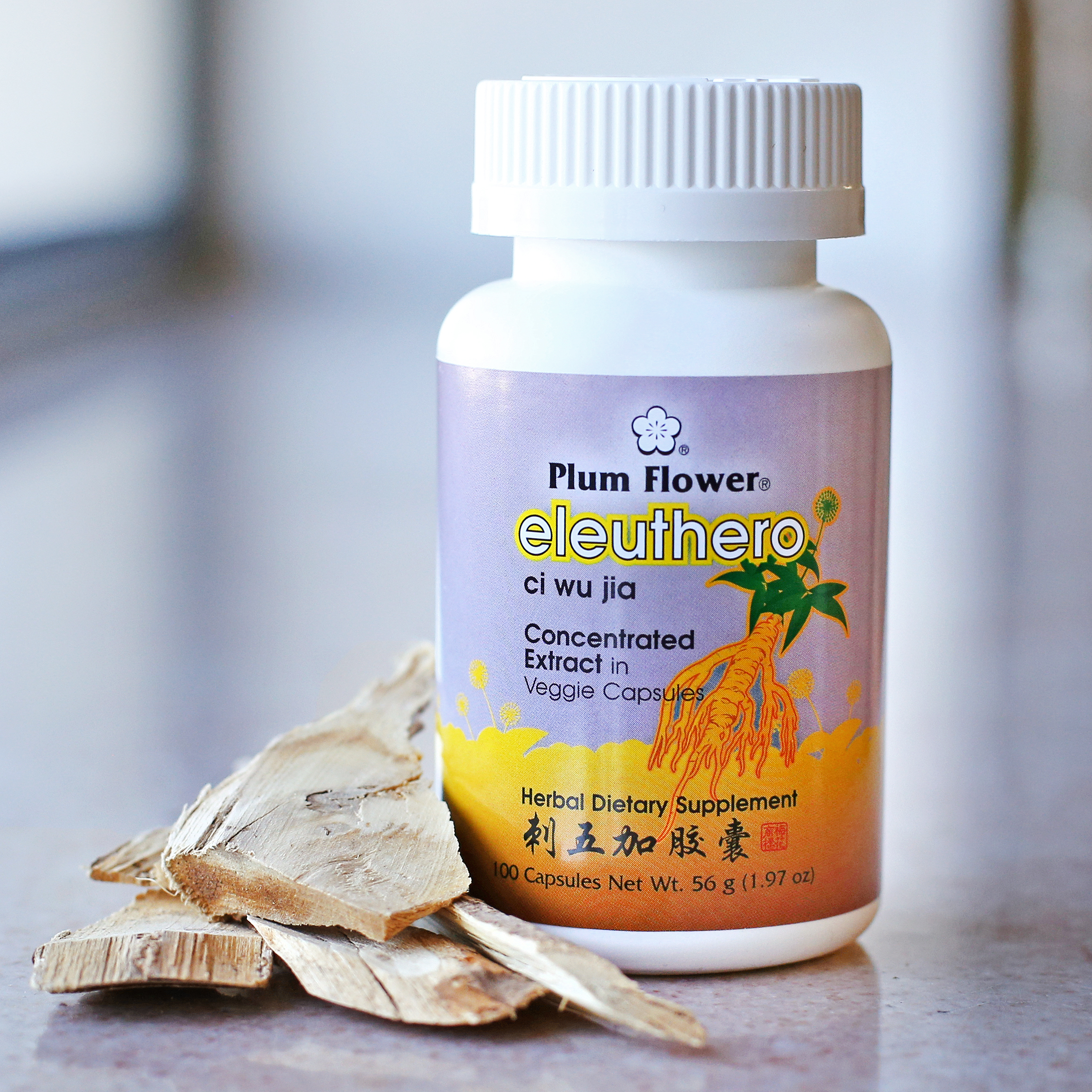
Mark Frost discusses Ci Wu Jia, also known as Eleuthero and “Siberian Ginseng.” Ci wu jia is classified as a Qi tonic. Its nature is spicy, slightly bitter, and warm, entering the Spleen, Heart and Kidney meridians.
Read MoreUnderstanding How Qi Gong Promotes Health
Skye Sturgeon, DAOM, Quality Assurance Manager, Mayway
 Breathe your way to harmony, balance, health, and well-being. Practicing Qi Gong yourself and teaching it to your patients is one of the most beneficial aspects of Chinese medicine. It can be engaged anywhere and by anyone, including those who are bed-ridden or in a wheelchair. In Qi Gong breathing, the action is focused on the exhale by intentionally contracting the diaphragm and abdominal wall muscles, squeezing out the carbon dioxide until the lungs are empty.
Breathe your way to harmony, balance, health, and well-being. Practicing Qi Gong yourself and teaching it to your patients is one of the most beneficial aspects of Chinese medicine. It can be engaged anywhere and by anyone, including those who are bed-ridden or in a wheelchair. In Qi Gong breathing, the action is focused on the exhale by intentionally contracting the diaphragm and abdominal wall muscles, squeezing out the carbon dioxide until the lungs are empty.
Lung Health Support Formulas
Yvonne Lau, Mayway President
 With dozens of formulas to choose from, selecting the best Lung Formula for your patient may feel overwhelming. We've outlined 17 of our most popular formulas in an easy to read chart so you can quickly identify the best option.
With dozens of formulas to choose from, selecting the best Lung Formula for your patient may feel overwhelming. We've outlined 17 of our most popular formulas in an easy to read chart so you can quickly identify the best option.
Strengthening Children's Resistance to Illness
Mark Frost, MSTCM, L.Ac.

As the summer gives way to fall and the lingering challenges posed by the current pandemic remain, we as parents and practitioners are naturally focused on protecting our children's health and well-being. Whether our concerns focus on the usual seasonal illnesses, or more specifically on COVID-19, the foundations of strengthening our children are the same. Naturally, prevention is our first line of defense, and the public safety guidelines already in place bode well for significantly lessening children's sick days from the usual seasonal colds and flu.
Read MoreChicken & Chestnut Soup
Yvonne Lau, Mayway President

We've created a delicious Chicken & Chestnut soup! Easily purchased in their dried form, chestnuts are considered in TCM to be “fruit for the kidneys" because they are particularly warming to the lower back, kidneys, and knees. Huang Qi, being sweet and entering the Lung and Spleen channels, complements the recipe’s Qi tonification properties. Da Zao tonifies the Spleen and Stomach and, along with Sheng Jiang, rounds out the flavor in this delicious soup. This soup is very easy to make, and especially delicious and nutritious for kids!
Read MoreHuang Jing and Quail Soup Recipe
Yvonne Lau, Mayway President

We combine Huang Jing with its moderate tonifying properties with Quail, Dang Shen, and Huang Qi to form a delicious soup. This is an excellent recipe for those recovering from a long illness or a period of stress that has impacted the body's Zheng Qi.
Read MoreCalm Spirit Soup Recipe
Yvonne Lau, Mayway President

The TCM concept of “form complementing form, organ complementing organ” (yi xing bu xing, yi zang bu zang 以形補形、以臟補臟 ) is well known throughout Asian culture and cooking. For example, eating walnuts for brain tonification and cashews for the health of the kidneys, or drinking red wine to tonify the blood is common folk wisdom. In this recipe, we are honoring this concept by using pig's heart (Zhu xin 豬心) to nourish the heart.
Read MoreHerbal Medicine during the Pandemic
Bill Schoenbart
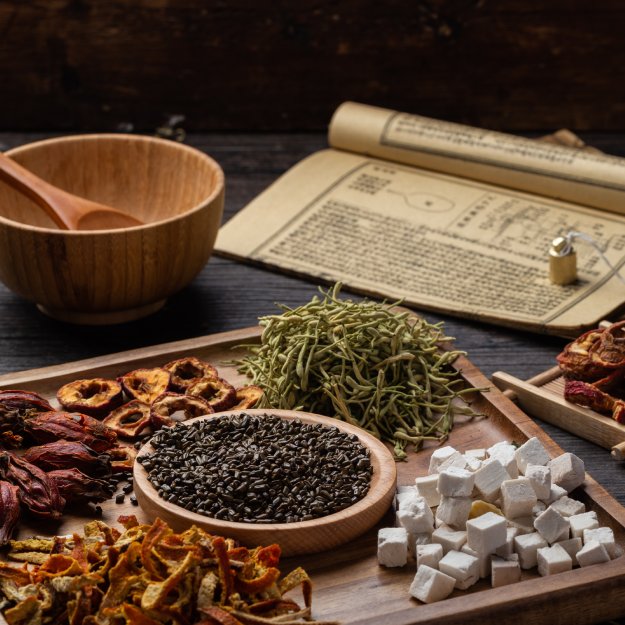
With great appreciation, Bill Schoenbart, associate chair of the Department of Herbology at Five Branches University, shares his clinical expertise of treating hundreds of Covid-19 patients over the last 3 years. Bill shares common patterns he has seen along with five case studies including how the TCM treatment plans evolved as the diagnosis changed partnered with recommended formulas to support those cases.
Read MoreCold Weather Kidney Tonics
Mark Frost, MSTCM, L.Ac.
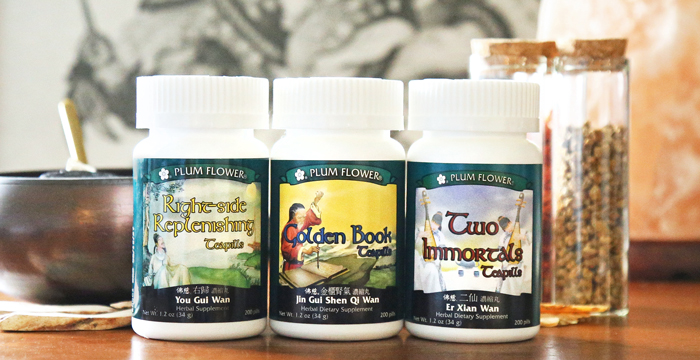 Winter is upon us and the cold winds have begun to blow once again. This is an ideal time to strengthen and tonify the Kidneys in order to ensure the Yang Qi is warming the interior, channels and collaterals. The TCM functions of the Kidneys include storing the Essence, governing fluid metabolism in the lower burner and lower extremities, receiving the Qi from the Lungs, ruling the two lower orifices, regulating reproductive and sexual function, and housing the Life Gate (Ming Men – 命門) Fire. We review our top 3 cold weather kidney tonics and their use in Chinese medicine.
Read More
Winter is upon us and the cold winds have begun to blow once again. This is an ideal time to strengthen and tonify the Kidneys in order to ensure the Yang Qi is warming the interior, channels and collaterals. The TCM functions of the Kidneys include storing the Essence, governing fluid metabolism in the lower burner and lower extremities, receiving the Qi from the Lungs, ruling the two lower orifices, regulating reproductive and sexual function, and housing the Life Gate (Ming Men – 命門) Fire. We review our top 3 cold weather kidney tonics and their use in Chinese medicine.
Read More
Moxa Strengthens the Kidneys and Mingmen Fire
Susan Johnson, L.Ac.
 Moxa is an excellent way to deeply warm the body, more important now, as we head into fall and winter. In fact, between the change of seasons, there is a two to four week period referred to as “Moxa Season.” During this interval, it is said that the “Life Gate is open.”
Moxa is an excellent way to deeply warm the body, more important now, as we head into fall and winter. In fact, between the change of seasons, there is a two to four week period referred to as “Moxa Season.” During this interval, it is said that the “Life Gate is open.”
